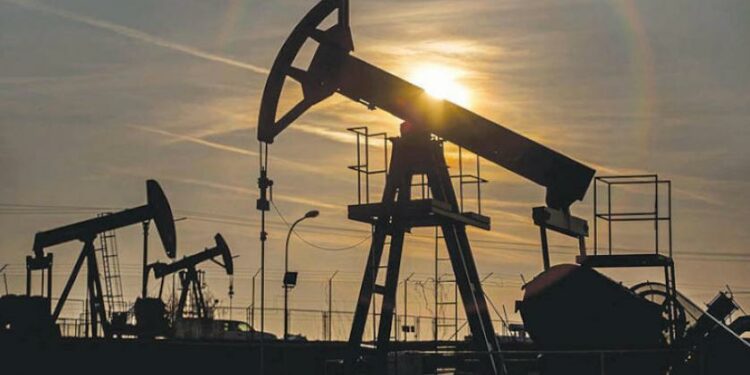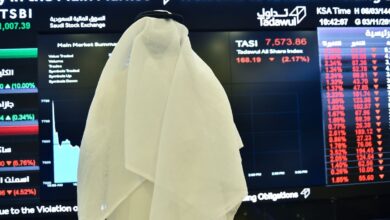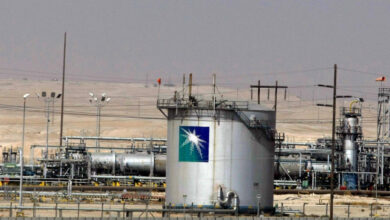Analysts: A new oil shock and a decline in the economy of the exporting countries

Analysts predicted a significant shock to the oil industry, which would deepen the industry’s turmoil this year.
During the hypothetical “S&P Global Platts” conference, they indicated the possibility of a second wave of infection with the COVID-19, which will affect the oil industry.
“Many of us are talking about yet another demand shock,” Ed Morse, Citi’s global head of commodity research, said during a panel discussion.
“I think it’s still a matter of demand,” Martin Freinkle, president of S&P Global Platts, said at the conference. “The decline in demand this year has been extraordinary.”
He pointed out that the high number of “Coronavirus” infections in many parts of the world is a concern.
Frankel added to CNBC that oil demand would be lower by the end of next year than in 2019.
And on Monday, the Organization of Petroleum Exporting Countries (OPEC) expected that global oil demand in 2020 would decline more sharply than previously expected, due to the Coronavirus.
Its monthly report said that oil demand would recover at a slower pace than expected next year, making it more difficult for the organization and its allies to support the market.
She explained that global oil demand would fall 9.46 million barrels this year, up from its forecast a month ago for a decrease of 9.06 million barrels per day.
Oil prices collapsed after the Coronavirus crisis hit travel and economic activity.
While some countries have eased comprehensive lockdown measures, which allowed demand to recover, the growth of new cases and high oil production are putting pressure on prices.
Profits of Saudi Aramco – the largest oil company globally – decreased by 73.4% in the second quarter of 2020, compared to the same quarter of 2019.
According to data issued by the Saudi company, this came due to lower crude oil prices and lower profit margins in the refining and chemical business.
The American “Oil Price” website confirmed the failure of the Al Saud authorities to achieve any kind of success in the first war for oil prices, which lasted between 2014-2016, and then the second war, which started in March until the end of April of this year.
In an article entitled “Saudi Arabia Refuses to Learn from the Two Failed Attempts in the Oil Price War,” oil analyst Simon Watkins expected that any third oil price war would lead to the collapse of the Kingdom’s ruling family.
“The kingdom was supposed to learn from the lessons of the two failed attempts and the dangers of participating in such a war,” Watkins said.
He pointed out that the Kingdom, based on its statements, may launch a new oil price war that it will lose for a third time, with catastrophic effects on the Organization of Petroleum Producing and Exporting Countries (OPEC).
“At the heart of the problem is the collective delusion of high-ranking government officials about key government figures related to the oil industry that prove the foundations of the system,” he said.
Watkins commented: Any prominent foreign advisor does not dispel these illusions because they make enormous profits for their banks from the various Saudi follies, especially the oil price wars.
The writer saw that this is an example of the “new emperor’s clothes,” although this does not apply to the crown prince only, but to advisors who adore him and are related to the Saudi oil industry.





